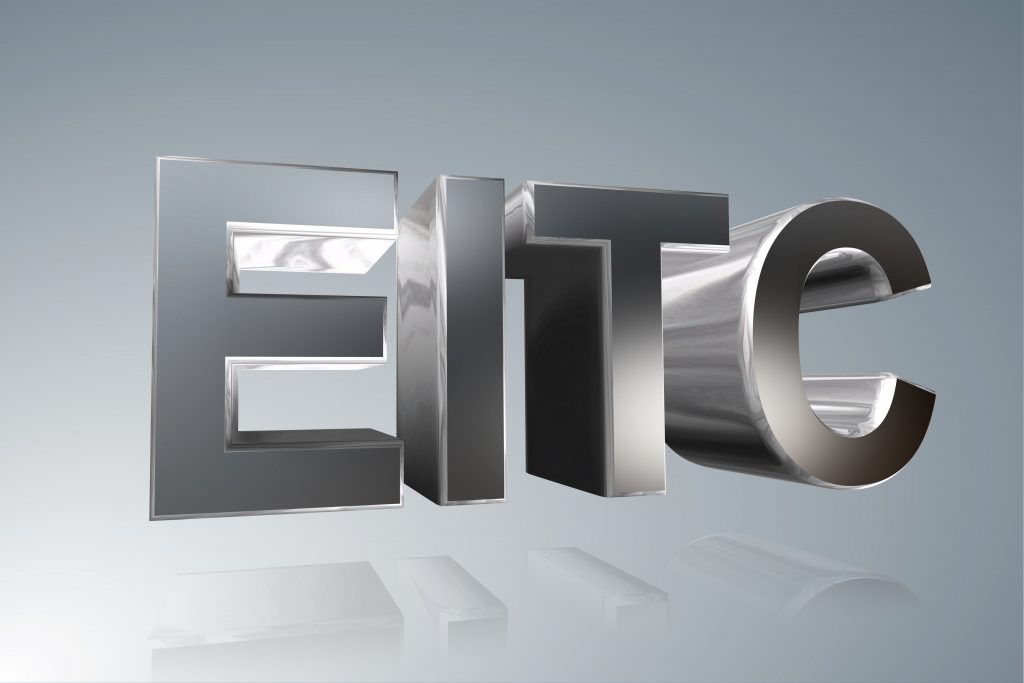This month, we watched billionaire space-racers with skyrocketing fortunes literally rocket themselves into the sky to look down on us from the largest gap they could put between themselves and the people, communities, and institutions that made their fortunes possible. These events have put an exclamation point on one of the clearest lessons to come out of the Covid-19 era: our current systems ensure that even a broken and battered economy works perfectly well for the rich.
And it can get discouraging, as we’ve written recently here, knowing certain interests are stubbornly refusing to heed this lesson. Lawmakers in many states, for example, are eschewing the opportunity to use federal aid and better-than-expected revenues to invest in their states, choosing instead to double down on tax cuts for wealthy households.
But the advocates and leaders who care about these issues aren’t deterred by rocket-launch publicity stunts, and the news here on the ground this week is much more encouraging. The real story this week was that the District of Columbia Council approved the latest in a series of recent progressive victories in which grassroots efforts are raising home-grown progressive revenues and investing those funds broadly in families and communities.
In DC’s case, councilmembers voted to raise the marginal tax rate on households with income over $250,000 per year by creating a $250,000 to $500,000 bracket taxed at 9.25 percent, creating a $500,000 to $1 million bracket taxed at 9.75 percent, and increasing the $1 million bracket to 10.75 percent.
Although the tax hike is modest–those making $300,000 a year would only pay an additional $31 a month–the impact would be tremendous. This should generate $175 million by FY 2025 that will go toward increasing wages for early childhood educators, moving 2,400 unhoused residents out of homelessness through housing vouchers, and increasing the Earned Income Tax Credit (EITC) to 55 percent of the federal credit and turning it into a monthly stipend.
Beyond DC, multiple other states are exemplifying this promising groundswell of progressive tax victories as well:
- In Colorado, lawmakers reined in loopholes and deductions for upper-income households including eliminating an exclusion for capital gains income, and in the process raised enough revenue to double the state EITC, finance a refundable Child Tax Credit, and expand some tax benefits for smaller businesses.
- Washington State leaders scored a momentous win by enacting a first-of-its-kind excise tax on extraordinary profits from capital gains exceeding $250,000. They are using the resulting revenues to fund the Fair Start for Kids Act, which will improve child care, preschool, and early learning services. They also implemented an EITC-like credit for the first time, thus bringing more balance and equity to their tax code from both the bottom and the top.
- New York leaders combined progressive tax increases on incomes over $1 million, $5 million, and $25 million with robust investments in universal pre-kindergarten and supports for essential workers left out of prior pandemic relief due to their immigration status, while also opting out of the federal “opportunity zone” tax break for wealthy developers.
And that’s not by any means the only encouraging recent news at the state/district level. We’ve also recently highlighted other improvements to targeted tax credits for middle- and low-income families. Leaders in at least 8 states just this year have advanced economic and racial justice by increasing these credits, creating new credits where they didn’t already exist, or expanding them to reach more people—such as families previously excluded due to their immigration status.
So, while some national headlines might be distracting and discouraging, don’t forget that down here in the real world there is great work being done and there are major victories being won.





